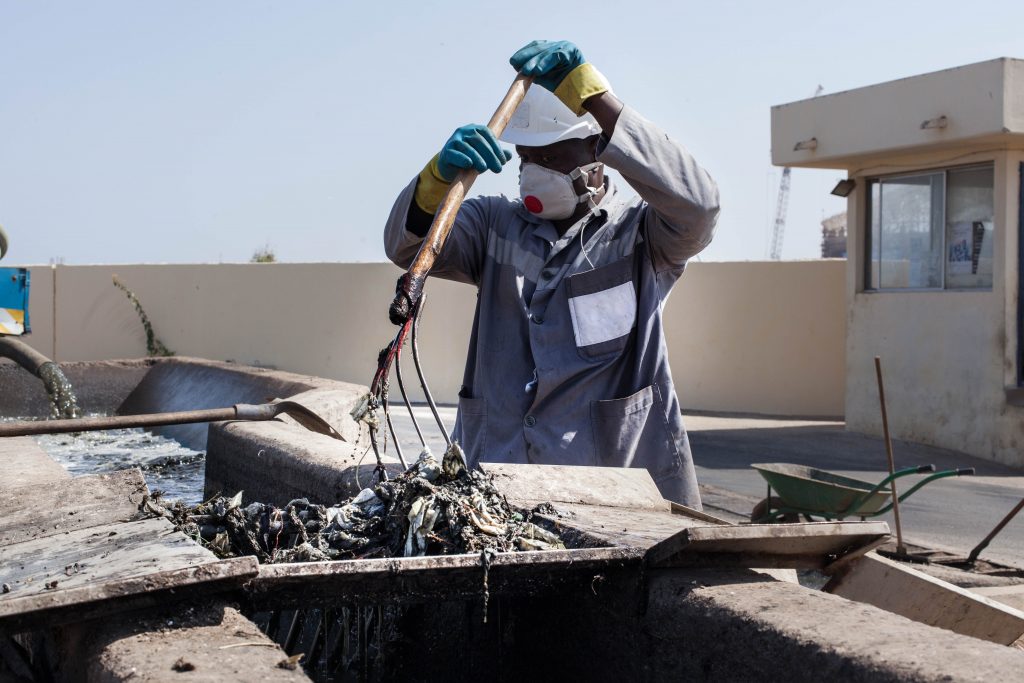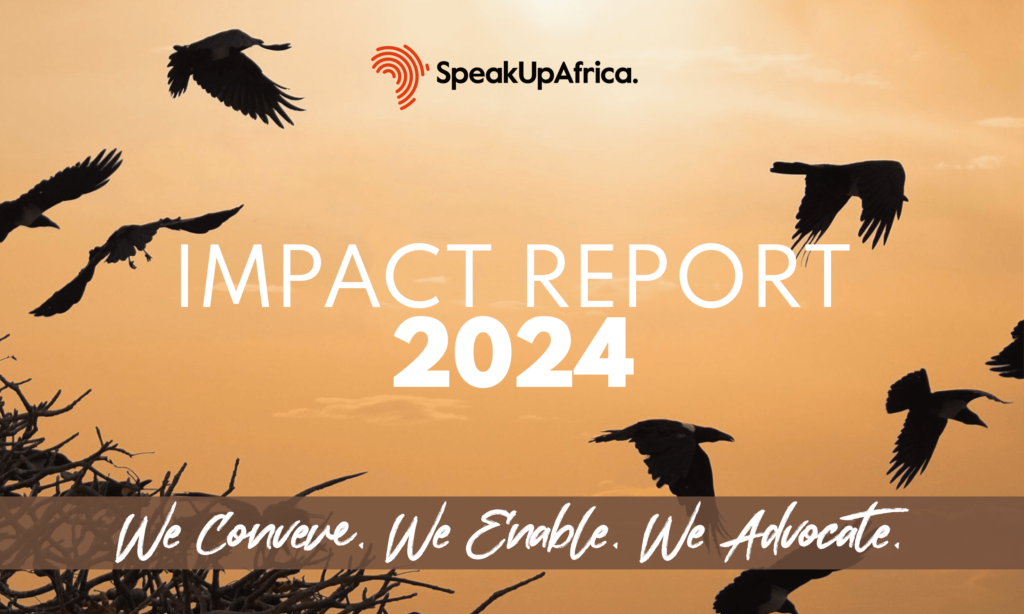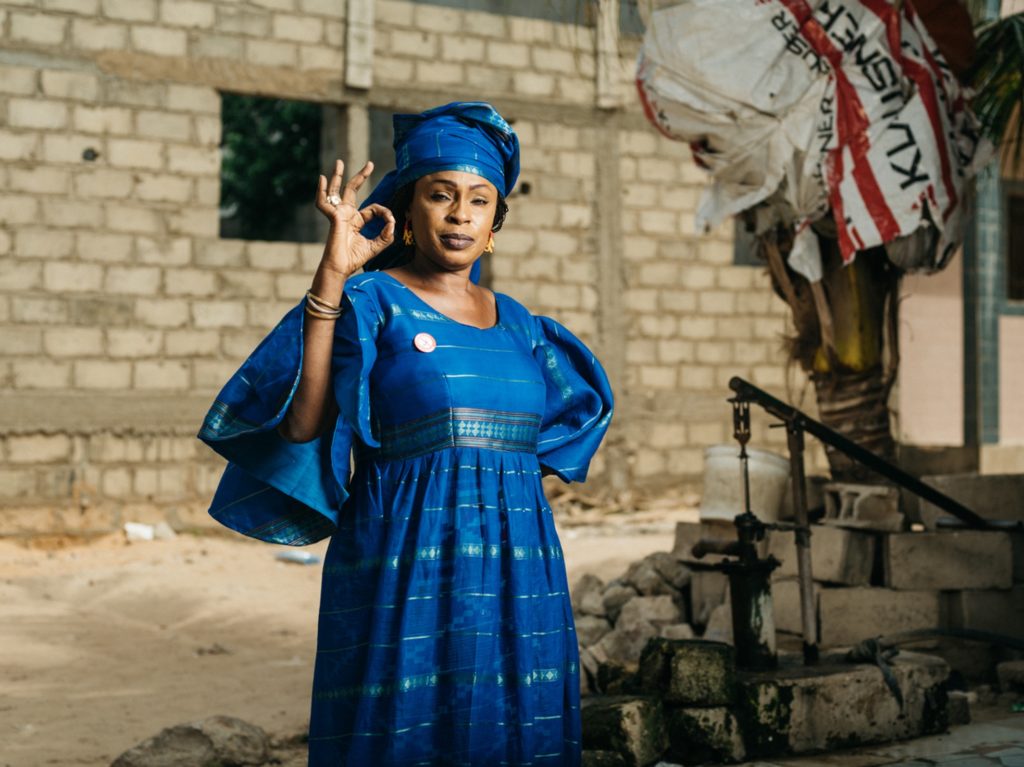World Water Day 2019: Local authorities are key to ensuring that no one is left behind

Today 2.1 billion people still live without safe, clean water; affecting their health, education, livelihoods and ultimately intensifying inequality across the world. The reality is that water is a fundamental component of life. It fuels our minds, grows our plants, washes our bodies, runs our businesses – it really is integral for supporting economic, social and human development across the globe.
The UN Sustainable Development Goal 6.2 is crystal clear – everyone in the world must have access to safe water by 2030. In fact, in 2010, the UN recognised the right to safe and clean drinking water and sanitation as a fundamental human right. With 2030 drawing ever closer and 1 in 3 people living without adequate sanitation facilitates in Africa, this year’s World Water Day is increasingly important to accelerate this development and ensure that access to water is improved for billions around the world.
This year’s theme ‘Leaving no one behind’ is at the core of the 2030 Sustainable Development goals, highlighting that everyone must benefit from progress. Men, women and children across the globe are living without adequate water supplies and to improve this the actions of local authorities and local mayors are critical for progress.
It was encouraging to see local representatives from across Africa make new commitments to improving local sanitation systems by 2030 at last month’s AfricaSan 5 Conference in Cape Town, where local leaders committed to incorporating equitable sanitation strategies into their plans, establishing a dialogue between local authorities, as well as developing an overall vision aligned to the SGDs at a local level.
Today, municipalities are increasingly responsible for the management of sanitation due to decentralised government policies. Therefore, if local authorities learn to effectively manage water resources, sanitation and access to water can be transformed.
To do this, local sanitation policy must be based on a clear understanding of the current local situation and must be run by a dedicated management entity or department. A department that can act as a focal point with government stakeholders, utilities, local service provides, and slum management boards will build an inclusive and multisectoral sanitation approach that works for all.
Of course, financing is also key. Local authorities must determine and allocate the necessary funds to implement the city’s strategy, ensuring that there is an annual budget for sanitation planning and operations, as well as taxes to support a known portion of costs.
Improving, designing and implementing sanitation programs across Africa is a core pillar of our work. Today, on World Water Day, we urge local authorities across Africa to ensure that no one is left behind. No longer can people across the world live without adequate sanitation facilities. The time for action is now.


